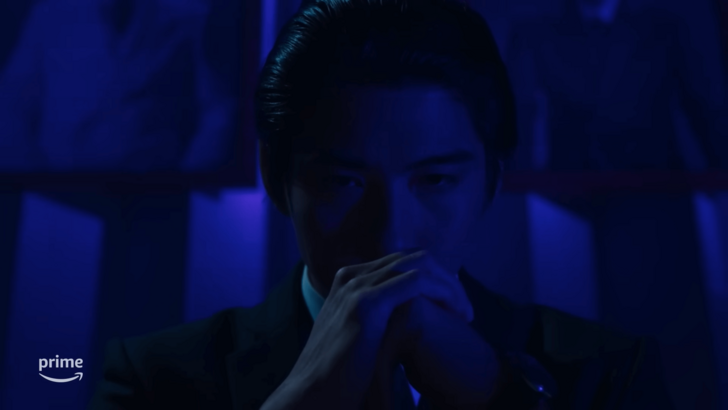
Like a Dragon: Yakuza Adaptation – A Fresh Perspective from Unplayed Territory
The lead actors of the upcoming Like a Dragon: Yakuza adaptation, Ryoma Takeuchi and Kento Kaku, revealed a surprising detail at SDCC: neither had played any game in the franchise before or during filming. This deliberate choice aimed for a unique interpretation of the source material.

Takeuchi explained, via translator, that the production team encouraged a fresh approach, prioritizing the script's vision over prior familiarity with the games. Kaku similarly emphasized their intention to create their own version, respecting the source material's spirit while forging a distinct on-screen identity. Their approach focused on embodying the characters' essence independently.

This unconventional approach has elicited varied fan reactions. While some express concern about potential deviations from the games, others believe the actors' unfamiliarity isn't necessarily detrimental to a successful adaptation. The omission of the iconic karaoke minigame further fueled fan anxieties regarding the show's faithfulness.
Ella Purnell, lead actress in Amazon's Fallout adaptation, offered a contrasting perspective. While acknowledging the creative freedom of showrunners, she highlighted the benefits of immersing oneself in the source material, citing the Fallout series' success (65 million viewers in two weeks) as evidence.

Despite the actors' lack of gaming experience, RGG Studio Director Masayoshi Yokoyama expressed confidence in directors Masaharu Take and Kengo Takimoto's vision. He praised Director Take's understanding of the source material, emphasizing the potential for a unique and engaging adaptation. Yokoyama welcomed the fresh interpretation of the iconic Kiryu character, believing the show offered a compelling alternative to mere imitation. He highlighted that the actors' portrayals, while different from the games, are precisely what makes the adaptation exciting.
For further insights into Yokoyama's perspective and the show's initial teaser, refer to the linked article.














